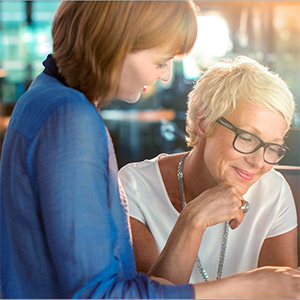Global Accessibility Awareness Day (GAAD) is the ideal time to get everyone talking, thinking, and learning about digital access and inclusion.
Oracle’s Accessibility Program has long fostered our commitment to creating accessible products and services that enhance workplaces and fuel the productivity of our employees, our customers, and our customers’ customers. This effort has not only supported the removal of barriers faced by users; it’s also established a whole ecosystem of meaningful standards and global impact.
It’s all fueled by a culture of inclusion where persons of all abilities contribute and succeed without barriers. Our people lead the charge when it comes to digital access and inclusion. That’s why we asked some of them about the experiences that helped them think differently about accessibility.
“A real turning point”
The Accessibility Program Office, in close partnership with Oracle’s Diverse Abilities Network, established the “Accessibility is Personal” campaign as a way for anyone to tell their story of how they connect to accessibility, allowing everyone an opportunity to learn more about each other. The inspiration for this came from Heather Bellis, a director at Oracle, because of her personal experience as a leader in an unfamiliar situation.
“When I accepted my current role, I was nervous. Not about working or about fulfilling responsibilities, I had plenty of experience. I was nervous because I’d never worked directly with anyone, let alone two people, who are blind.”
It was a whole new leadership challenge for Heather, and she found herself questioning if she was doing all she could to be inclusive.
“I didn’t want to say anything that might be considered offensive. As much as I tried to prevent it, I would catch myself during staff meetings saying things like ‘as you can see on my screen.’ To combat this, I posted notes on my monitor. I was practicing different phrases I could say instead, but it still happened.”
After some sleepless nights thinking about the issue, Heather tackled the challenge head-on.
“I couldn’t take it anymore. I was ready to be fully transparent and really own this during my next one-on-one with Don Raikes, a team member who is blind. I explained that I was losing sleep and what I had tried on my own, then asked Don to ‘please tell me what I need to do, tell me what I need to say, and I’ll do it.’”
Don’s suggestion? “Just say what you normally say. I see a lot of things, I just see it in a different way.”
After that, there was a refocus.
“That conversation was a real turning point for me; it taught me that it’s really ok for me to just be myself. I am truly thankful to everyone who shares how accessibility is personal to them; every story shared helps us all learn from these experiences.”
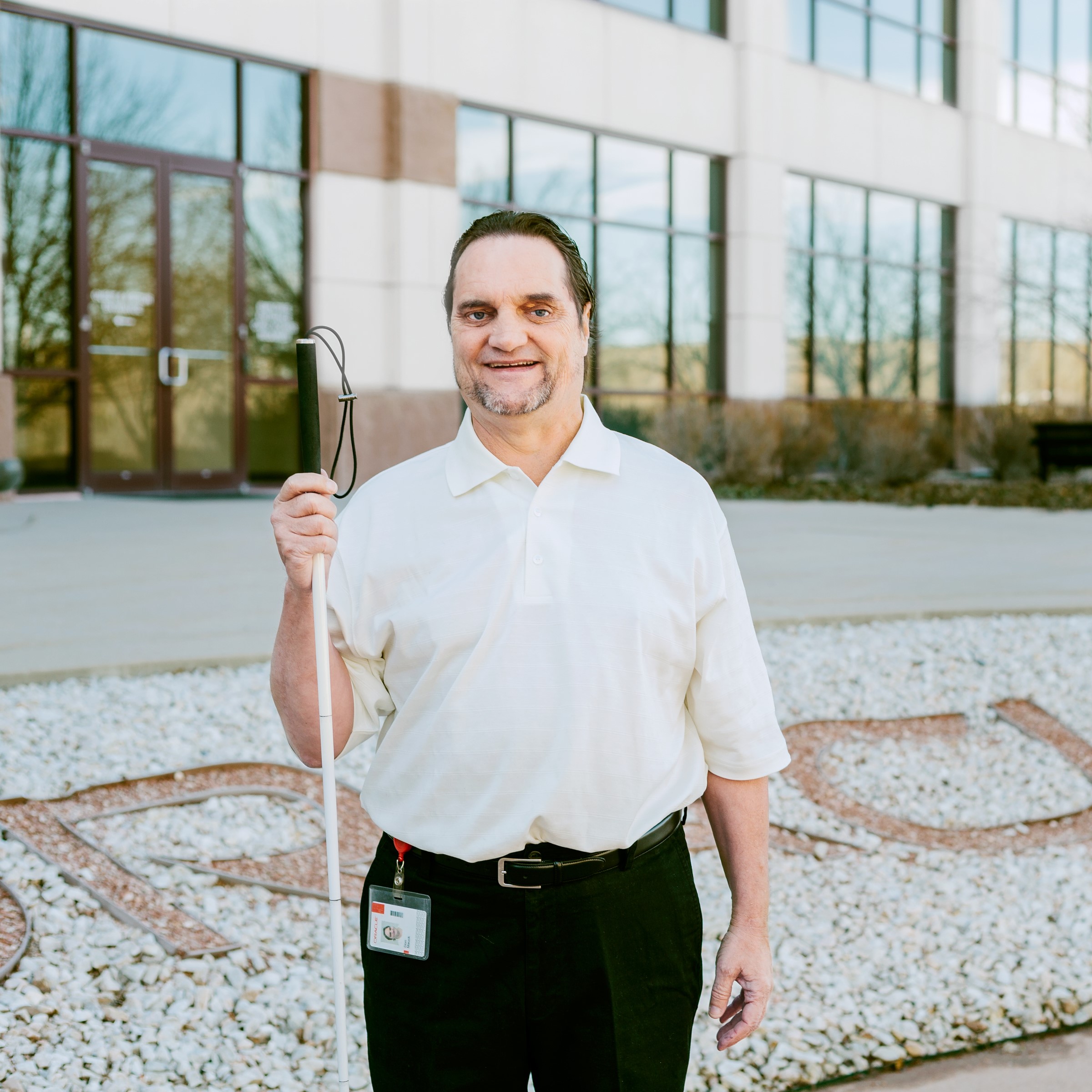
Accessibility Evangelist and Assistive Technology
Specialist, Oracle
“Succeed with collaboration”
While transitioning to a new project management tool, Heather experienced another pivotal conversation with her team member and accessibility evangelist and assistive technology specialist, Don Mauck.
Despite being blind, Don has never been one to hold back: he performs in music theatre, fixes engines, and has even flown an airplane. He didn’t hesitate to share his frustration in potentially needing to depend on someone else’s assistance using a new tool every day to do his job.
“I hate when I need someone else to do my job. It’s unacceptable and shouldn’t happen in the 21st century,” says Don.
Through trial and error, they were able to set up a personalized view, document keyboard-only workflows, and agreed on the language they used to describe elements on pages. This allows Don to be organized when receiving and working on tasks. Something that once seemed impossible became a reality practically overnight.
Don’s approach? “Collaboration and communication, paired with the willingness to listen to all perspectives is the golden ticket to succeeding in accessibility.”
“Be creative and problem-solve”
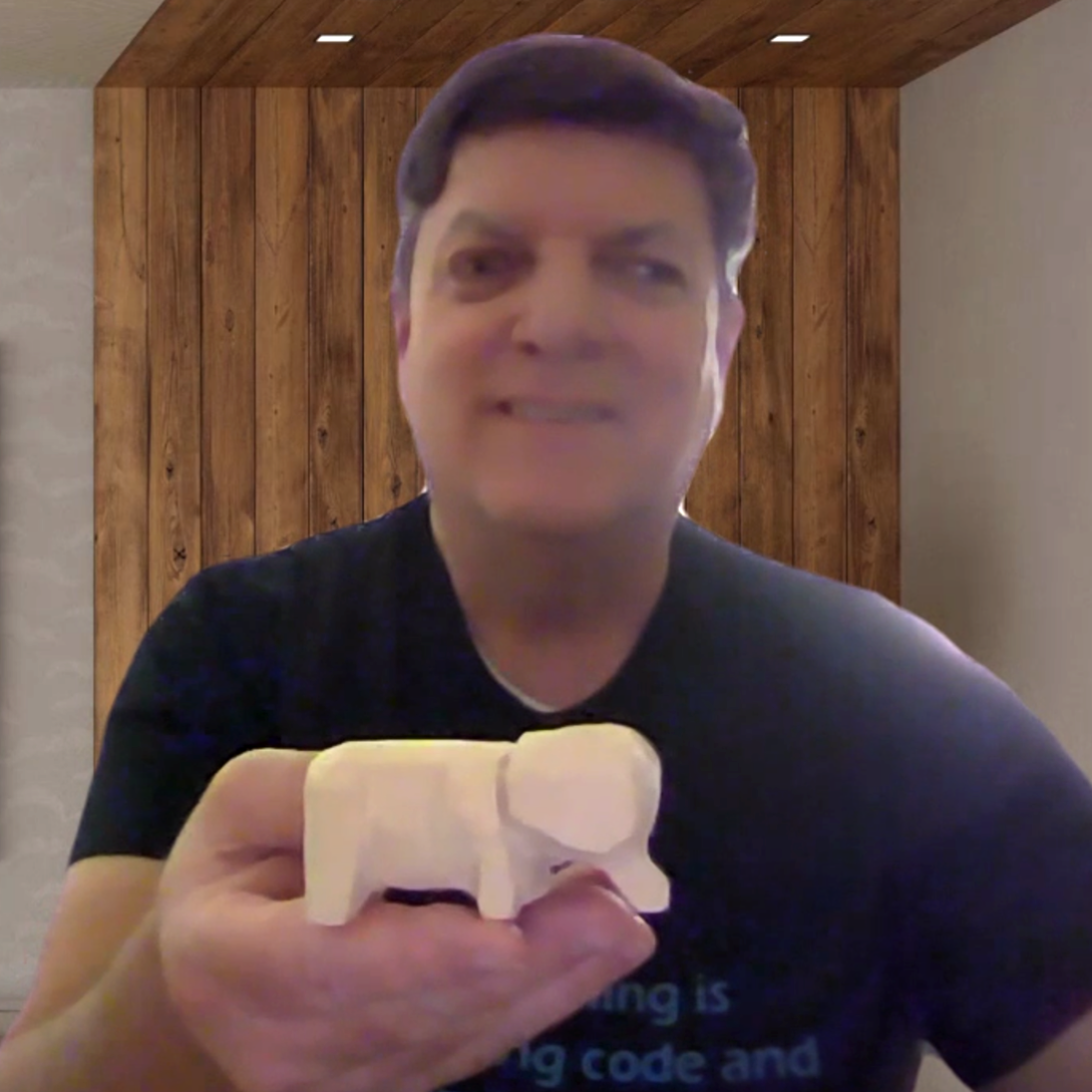
Acessibility Specialist, Oracle
Developing accessibility tech means incorporating feedback from users of all abilities. That’s where Don Raikes comes in. Don has been blind from the age of eight and has used a screen reader since the early 1990s.
“Being blind has posed challenges both in my schooling and in my work life, but the challenges have caused me to become creative and problem-solve those challenges.”
One of his favorite hobbies is wood carving. Many would assume the activity requires sight, as the carving process is typically guided by visual markings. Don, however, came up with his own method of creating shape and detail using careful knife pressure.
As part of our Accessibility Program Office, he not only builds tech that supports its mission—he also provides firsthand insights on his experience working in Oracle OCI.
“I help peers understand the day-to-day experiences of someone without vision so that they could be more aware. From there, we problem solve by offering creative ideas for inclusive solutions.”
“Reaching my full potential”
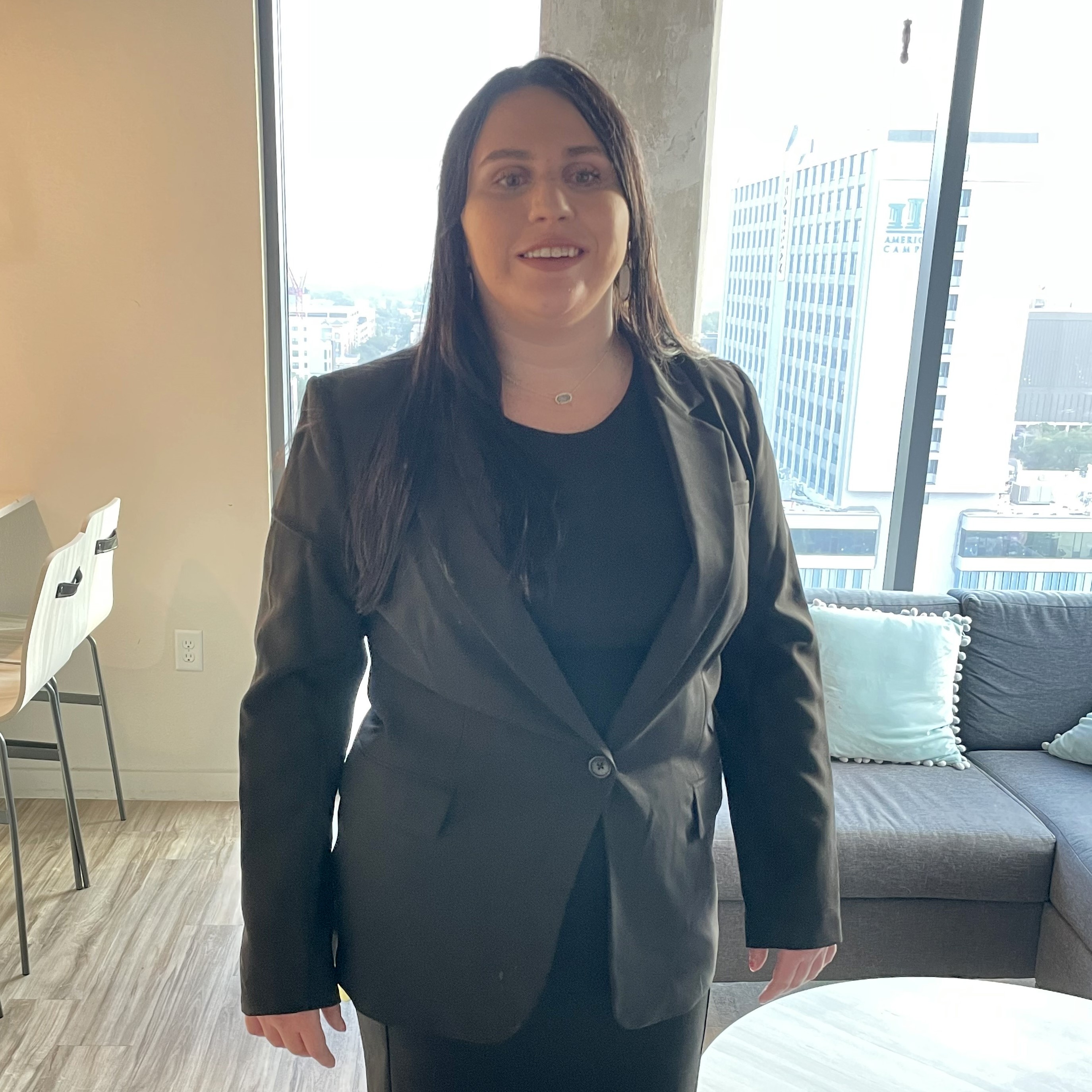
Sales and Business Development Consultant
Oracle
Bri Derry is one of our business development consultants and lives with a visual impairment. As a sales professional, she juggles appointments constantly and needs clear lines of communication with her team and leadership to hit targets.
“I live and breathe by my calendar being in sales,” she explains. “I have a lot of internal calls, external calls with customers, calls with sales reps, training, and I also like to block off some of my own time for different tasks.”
Before coming to Oracle, she’d been working with software that had deprioritized accessibility standards.
“It truly affected me psychologically. I constantly felt at a disadvantage because I struggled to understand and use the tools in my everyday work.”
Oracle’s layered approach to accessibility provides several touchpoints for implementing standards into everyday workflows.
“I used to use Oracle® Cloud Customer Connect, which is a tool that a lot of the business development consultants use, and it was good, but I got moved over to Next Generation Sales and I absolutely love it. It’s so accessible, and I’m able to do basically every function of my job independently, which is really nice. Being valued equally in the workforce has enabled me to feel confident in my self-worth and strive to meet my full potential.”
“I can make a difference”
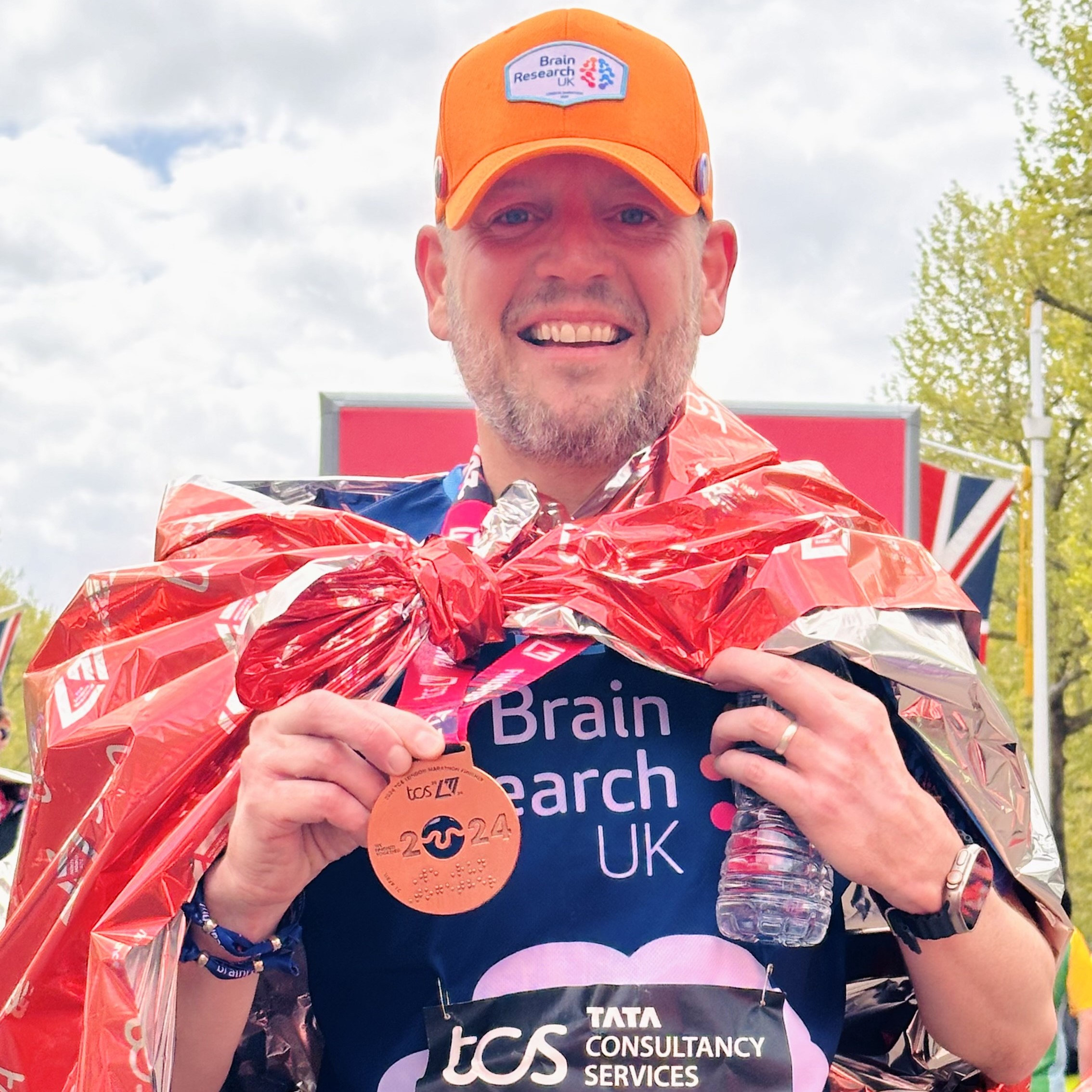
Principal Solution Engineer, Food & Beverage
Oracle
Some accessibility advocates are inspired by the experiences of others. Take Pete Dalby, a principal solution engineer in our food and beverage business unit who lost his parents to neurodegenerative disease.
“My dad was battling Parkinson’s, my mum was battling early-onset Alzheimer’s. They both died at age 67.”
Both sides of Pete’s family have been affected by neurodegenerative diseases for generations. Though knowledge of this can feel like a looming cloud, it also motivates him to build a brighter future for himself, his family, and others around the world.
“I just ran the London Marathon for an amazing charity doing vital studies into neurological diseases like Alzheimer’s and Parkinson’s,” he shares. “We’re not the only ones affected by this, and I’m going to do everything I can to make a difference.”
That’s why he takes pride in working with the Oracle Industry Lab, where the food and beverage team is developing exciting technologies like voice AI.
“If someone is being affected by dexterity issues with some of these diseases and they can’t use their phones to place orders for food and beverage, using voice automation to place those orders can make a difference.”
At Oracle, we champion inclusion in our every day. Whether we’re building products, growing our network of people with diverse abilities, or fostering inclusion at the office. We’re all making a difference to our employees and customers by sharing and working together to create a future where everyone can thrive without barriers.
Do you want to grow your career with a company that makes disability inclusion a priority? Learn more about Oracle careers and the Oracle Diverse Abilities Network.
